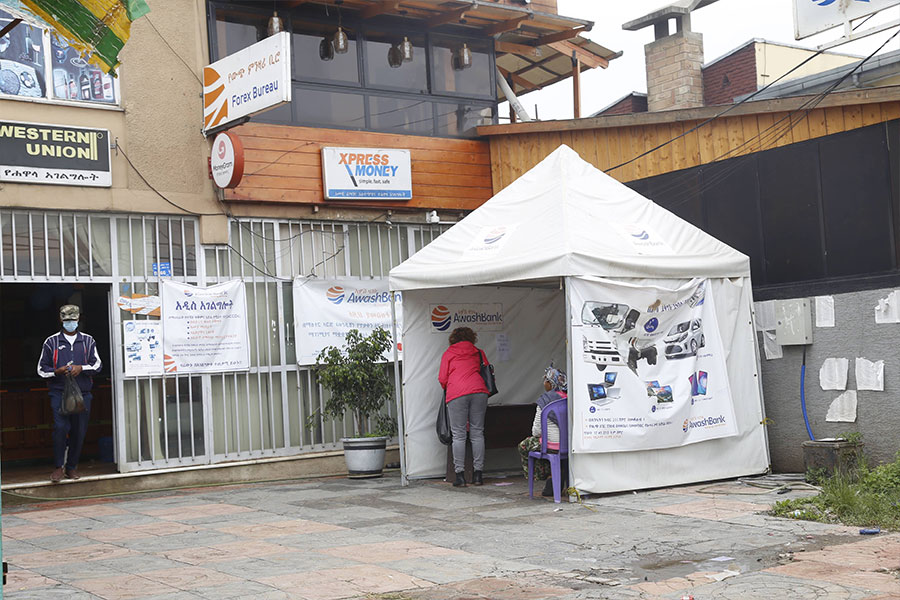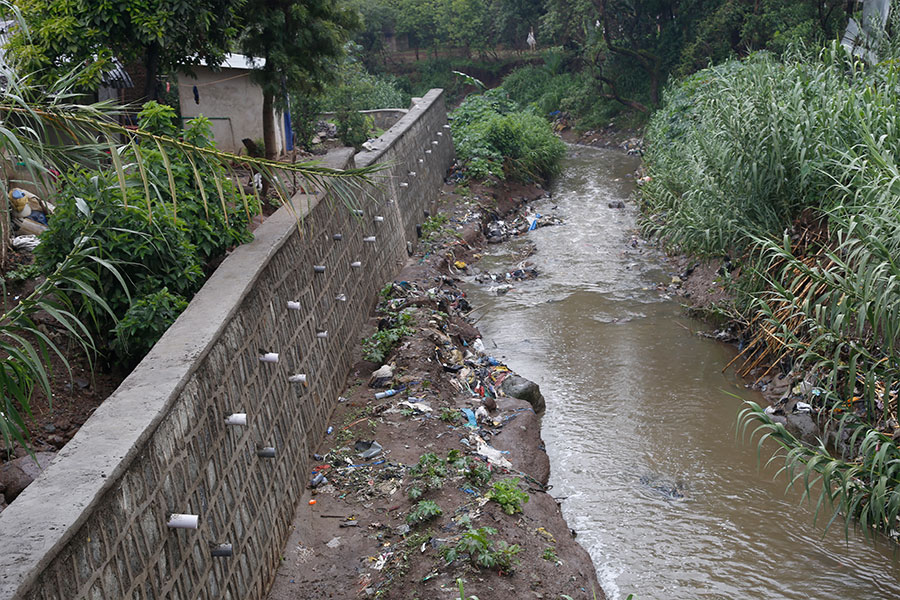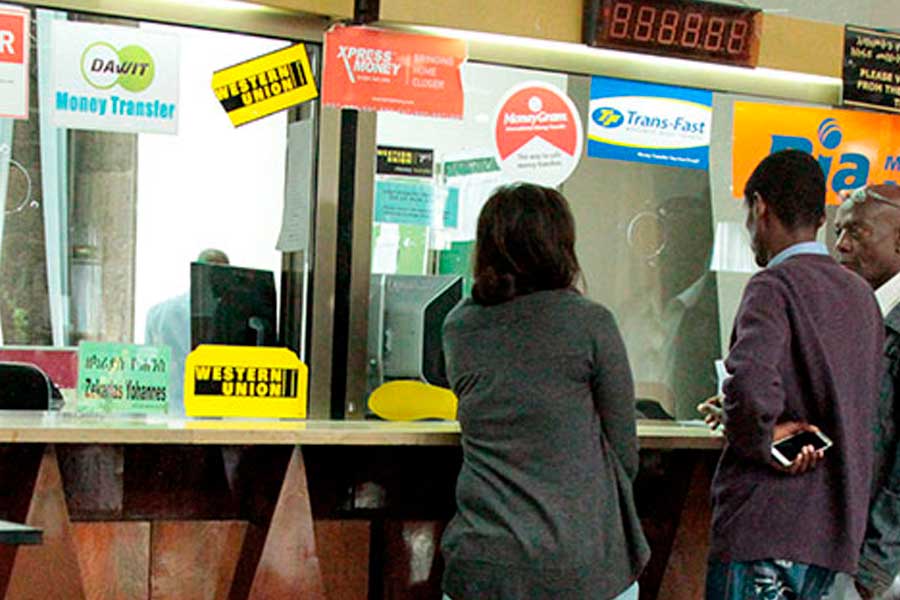
Radar | Aug 14,2021
The National Veterinary Institute is ready to begin production of animal pharmaceuticals at a plant in Bishoftu (Debre Zeit).
The institute has been upgrading the existing plant that manufactures vaccines with an investment of 100 million Br. The plant, which sits on 1,500Sqm of land, will start production in two months.
When it becomes fully operational, the institute will be able to satisfy 15pc of domestic demand and create jobs for 62 people. Animal antibiotic and anti-parasite drugs in 12 tablet types will be produced at the plant that has been under construction since 2016. The machinery was imported from India at a cost of 70 million Br, and Indian firm Fabtech Technologies International Limited installed the machines, while the institute carried out the civil work.
“We would be already producing if it wasn’t for power shortages,” said Awel Abduljebar, communications officer of the Institute. “We have been facing similar problems for the past two years.”
As a result of power shortages, the institute lost 10 million Br in fuel costs and five million Birr in expired vaccines, according to Matewos Mena, the institute's engineering & maintenance director.
Importers of animal drugs are hopeful that the institute’s investment will help their businesses.
“The construction of the plant will ease supply problems and save the lives of many animals,” said Hailu Meles (DVM), manager of GASCO Trading Plc, which imports animal drugs. “It will also reduce the contraband trade in drugs that were not previously in sufficient supply.”
Gasco is one of the 69 veterinary medicine and equipment importers in Ethiopia. There are as well 48 wholesalers and 219 retailers of animal drugs.
The institute, established almost a decade ago under the former Ministry of Agriculture with the technical assistance of the French Government, has the vaccine production capacity of close to 200 million doses a year. This has risen from four million doses a year in its earlier years.
Currently, the institute is producing 22 types of animal vaccines with a target of reaching an annual production capability of 365.34 million doses by 2020.
Dinka Ayana (DVM), dean of veterinary medicine & agriculture at Addis Abeba University, lauds the institute for the new investment it made.
"The new factory will save the country's foreign currency reserves and make animal drugs in the market cheaper," he said. “It will also reduce the contraband trade in animal drugs, many of which have no expiry dates and are not stored properly when being transported.”
PUBLISHED ON
Jan 12,2019 [ VOL
19 , NO
976]

Radar | Aug 14,2021

Viewpoints | Oct 02,2021

Fortune News | Nov 24, 2024

Agenda | Jul 18,2021

Radar | Jul 18,2021

Fortune News | Nov 06,2021

Exclusive Interviews | Jan 05,2020

Featured | Sep 19,2020

Editorial | Dec 11,2021

Fortune News | Jul 18,2021

Dec 22 , 2024 . By TIZITA SHEWAFERAW
Charged with transforming colossal state-owned enterprises into modern and competitiv...

Aug 18 , 2024 . By AKSAH ITALO
Although predictable Yonas Zerihun's job in the ride-hailing service is not immune to...

Jul 28 , 2024 . By TIZITA SHEWAFERAW
Unhabitual, perhaps too many, Samuel Gebreyohannes, 38, used to occasionally enjoy a couple of beers at breakfast. However, he recently swit...

Jul 13 , 2024 . By AKSAH ITALO
Investors who rely on tractors, trucks, and field vehicles for commuting, transporting commodities, and f...

Jun 28 , 2025
Meseret Damtie, the assertive auditor general, has never been shy about naming names...

Jun 21 , 2025
A well-worn adage says, “Budget is not destiny, but it is direction.” Examining t...

Jun 14 , 2025
Yet again, the Horn of Africa is bracing for trouble. A region already frayed by wars...

Jun 7 , 2025
Few promises shine brighter in Addis Abeba than the pledge of a roof for every family...